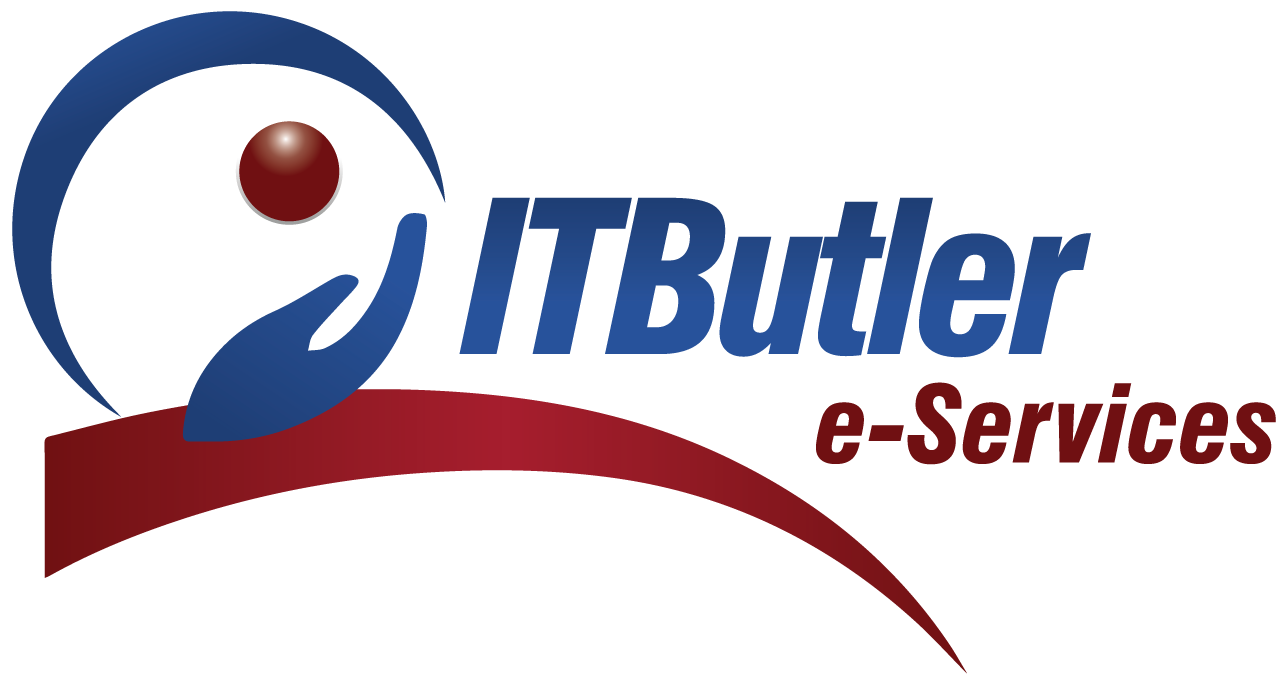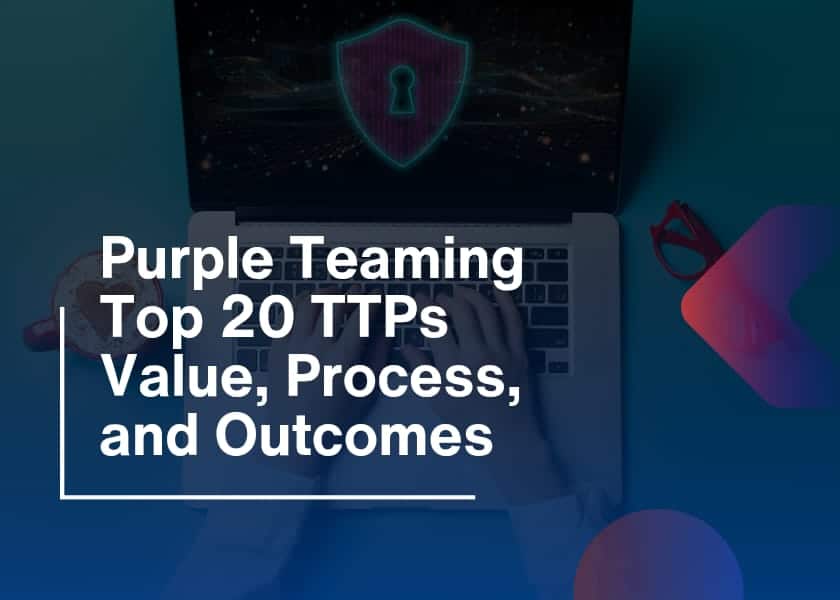Is your business data truly safe in the cloud? As more businesses in Saudi Arabia undergo digital transformation, cloud security in KSA has become essential. Cloud computing brings unbelievable advantages such as scalability, cost savings, and remote access. However, it also opens the door to potential threats.
From financial institutions to healthcare systems, every enterprise handles sensitive information that needs to be protected. That’s why cloud security has become more than just an IT concern, it’s now a business priority.
In this guide, we’ll explore the best practices for protecting your cloud systems, data, and operations in Saudi Arabia’s growing digital economy.
Why Cloud Security in KSA Demands Extra Attention
The digital growth of all businesses has increased due to Saudi Arabia’s Vision 2030. Companies now heavily count on cloud solutions to perform operations and store their data. Enhanced cloud dependency increases security risks due to greater susceptibility to cyberattacks.
The importance of cloud security in KSA originates from the strict regulatory system that exists locally. Cloud usage has received strict regulations from Saudi Arabian authorities who operate through the National Cybersecurity Authority (NCA).
The current regulatory environment requires not only protecting systems but is also key to determining both customer confidence and adherence to regulations.
Best Practices for Cloud Security in KSA
Securing your cloud environment takes more than just basic measures. Below are proven practices every enterprise in Saudi Arabia should follow to strengthen cloud security.
1. Partner with a Provider that Meets Local Regulations
Selecting the best cloud service provider stands as the foundation for a secure cloud environment establishment. Seek providers that fulfill Saudi Arabia’s legal requirements as well as international security framework requirements. Recipients should pursue both global compliance standards, such as ISO 27001, and they should also show proficiency in implementing NCA’s Cloud Cybersecurity Controls and the Cloud First Policy that exists for Saudi Arabia.
Furthermore, when selecting a cloud service provider, you gain more than storage, since they maintain advanced knowledge of local security standards.
2. Multi-Factor Authentication
Your fundamental assets remain unprotected by using passwords as a security method. Your cloud applications should implement multi-factor authentication (MFA) due to rising phishing attacks and credential theft, which provides strong protection at a low cost.
Every user account holding cloud access should implement MFA security as both senior executives and junior employees. So, when MFA is enabled, unauthorized access becomes much more difficult even when someone steals authentication credentials.
3. Data Encryption
The protection of data needs to be the top priority when setting up any cloud service. Files protected by encryption remain unreadable to anyone who intercepts them. So, check for encryption at all data points while evaluating cloud service providers. This is because encryption functions in both data transfer stages as well as storage phases.
In addition, effective encryption stands as the easiest way to protect sensitive information from unauthorized access. So, the combination of privacy and compliance requires encryption to become crucial for financial and medical sectors.
4. Organize and Separate Your Cloud Infrastructure
Think of your cloud setup like a house. You wouldn’t leave all your doors open or store your valuables in the hallway. The same logic applies to your digital assets.
Separating development, testing, and production environments helps reduce risk. If one section is compromised, it doesn’t bring down the whole system. This approach also makes it easier to track changes, monitor performance, and manage security.
5. Don’t Just Trust, Verify with Regular Audits
The cloud isn’t a “set it and forget it” system. Businesses often forget to monitor new resources, inactive user accounts, or changes in file permissions. These gaps can lead to vulnerabilities.
That’s why regular audits are essential. Whether done manually or using automation tools. They help ensure that your cloud environment is clean, secure, and aligned with your internal policies.

6. Build a Strong Data Protection Policy
A clear and well-documented data protection policy is the foundation of cloud security. It outlines how your organization collects, stores, and protects information.
Define who can access what data, under which conditions, and how to handle breaches in your policy. It should be regularly reviewed and updated to check new risks and technologies. When everyone, from IT staff to department heads, understands their role in security, your cloud defenses become much stronger.
7. Employee Awareness
Uninformed users can cause even the best technology to fail. Human error remains one of the leading causes of cloud-related breaches. All it takes is one wrong click on a phishing link or one weak password to cause a major problem.
Regular training helps your staff understand the basics of safe cloud usage. Teach them to recognize suspicious activity, avoid insecure apps, and report issues immediately. A culture of security awareness can stop threats before they even begin.
8. Always Have a Backup
A backup isn’t just for disasters, it’s your insurance against ransomware attacks, accidental deletions, or system failures. Many companies assume they’re covered, but often forget to test their backups regularly.
So, don’t wait for a crisis to let you know that your backup is outdated or incomplete. Ensure that your data is backed up securely, stored separately from your main system, and tested often. This simple measure can be the difference between quick recovery and permanent loss.
9. Real-Time Monitoring
The ability to monitor your cloud infrastructure in real time is no longer optional. Cloud environments are constantly changing, and so are the threats targeting them.
So, by implementing real-time monitoring tools, you can catch abnormal activity, like sudden spikes in file downloads or unauthorized access attempts, before they increase. This is especially important for enterprises that handle sensitive customer data or operate 24/7 services.
Solutions like Microsoft Defender for Cloud or AWS CloudTrail offer valuable insights into what’s happening behind the scenes, helping your IT team respond quickly and effectively.
10. Consult Cloud Cybersecurity Experts in Saudi Arabia
Managing cloud security in-house can be difficult, especially for businesses that don’t have dedicated cybersecurity teams. That’s why working with local experts in cloud cybersecurity in Saudi Arabia can make a huge difference.
In addition, these professionals understand both the technical and regulatory aspects of the Kingdom. So, they can help with system audits, policy creation, compliance checks, and even incident response. Most importantly, they bring local insight that global providers might miss.
Final Thoughts
Cloud technology has opened new doors for businesses in Saudi Arabia, but with great power comes great responsibility. As threats grow more dangerous, the need for strong, smart cloud security grows too. Whether you’re a startup or an enterprise, investing in the right security measures will protect your data and build trust with your customers.
At the end of the day, cloud security in KSA isn’t just about avoiding cyberattacks, it’s about enabling confident growth in a connected world.





